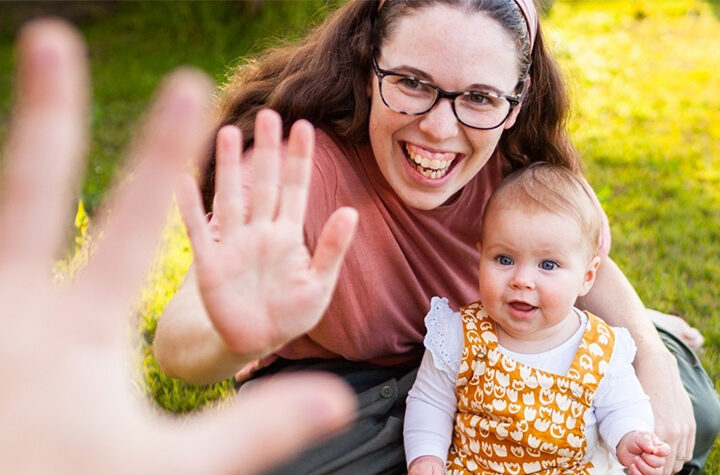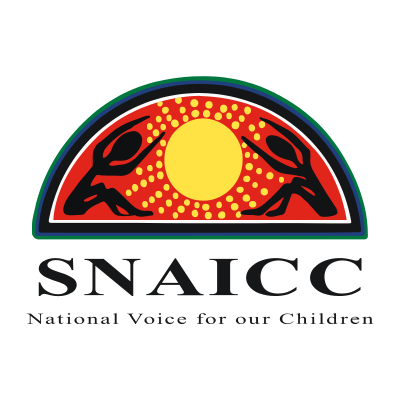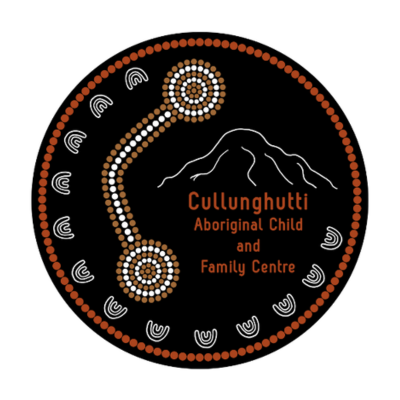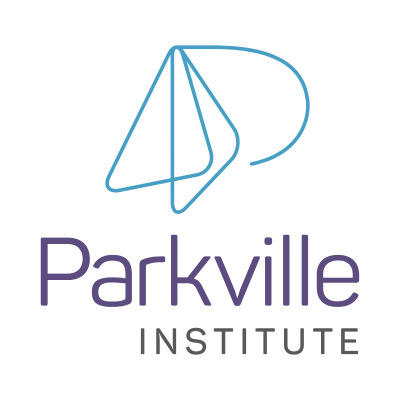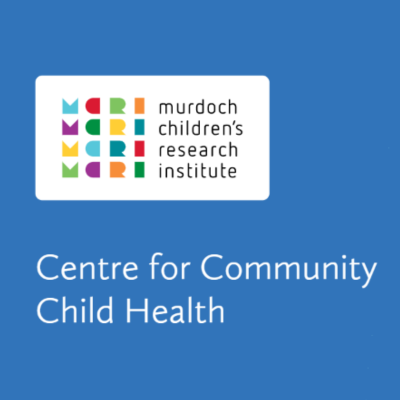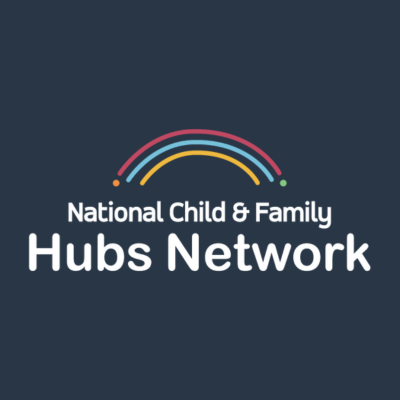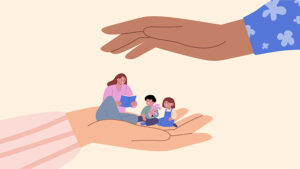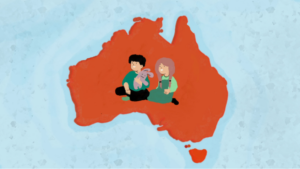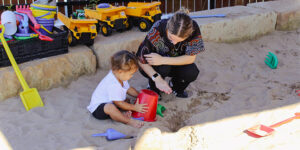Exploring viable models and cost structures for Early Childhood Hubs that meet the needs of children, families and communities, while ensuring economic sustainability.
Nurture Together
SVA's Nurture Together program is working to make sure that the most vulnerable children have access to the supports they need to thrive.
Our impact
Early childhood hubs are crucial for supporting children and families experiencing disadvantage. We’re exploring their impact and effectiveness. With Nurture Together we’re building evidence and awareness of what works best and how these hubs can be most impactful.
We have worked with key sector stakeholders to publish research and discussion papers. The research examined the need for hubs and unpacked existing service availability. We have gained valuable insights into their operations and funding. Our findings highlight the potential of hubs and identify requirements for implementation.
We have also explored funding options and strategies for scaling hubs nationwide. This work informs strategies to enhance the impact and accessibility of hubs. We helped to secure over $9 million for an intensive early childhood education and care program. The funds will support about 200 of Australia’s most vulnerable children. The program is being piloted across 4 sites. This includes a co-developed site for Aboriginal and Torres Strait Islander children.
The problem
Australia has a large number of young children and families experiencing disadvantage, with one in six children living in poverty. There are significant inequalities in developmental and educational outcomes between children experiencing socioeconomic vulnerability and their peers. 22% of all children are developmentally vulnerable when starting school. For children living in the most socioeconomically disadvantaged areas, this rises to 33%. It nearly doubles for First Nations Children.
Our research has found that there are nearly 107,000 children under 6 experiencing significant levels of disadvantage. This is across 706 communities nationwide. It’s often these children, who have the most to gain from quality early learning, that miss out. They don’t access the models that we know will have the greatest impact.
Nurture Together – the solution
Ninety per cent of brain development takes place in the first 5 years. Having the right supports in place over this period is crucial.
Integrated early childhood hubs can improve outcomes for children and families. They play a particularly pivotal role for those facing socioeconomic disadvantage.
Early Childhood Hubs support children and families to build connections and social networks. They also provide access to a range of key services. This could include early childhood education programs, allied health services and other supports.
At SVA, we work to make sure all children experiencing disadvantage can access the supports they need to thrive. We:
- build evidence
- enhance sector capabilities
- advocate for structural reform.

Publications
-
 From vision to viability: Funding requirements for effective Early Childhood Hubs
From vision to viability: Funding requirements for effective Early Childhood Hubs -
 Impact of Early Childhood Hubs – evidence summary
Impact of Early Childhood Hubs – evidence summaryEvidence to demonstrate the value in supporting the expansion of ECH models across Australia and embedding them within our child and family systems.
-
 Sticking points: Why the ‘glue’ helps Early Childhood Hubs thrive
Sticking points: Why the ‘glue’ helps Early Childhood Hubs thriveExploring what holds hubs together and how we make integration core to system design.
-
 Targeting investment where it counts
Targeting investment where it countsA report identifying communities for priority investment in integrated early learning models.

News Articles
-
 Intensive early childhood program
Intensive early childhood programNews article sharing our success in securing more than $9 million of funding to support an estimated 200 children to access an intensive early childhood education and care program.
-
 New program supports Aboriginal children to thrive in Nowra
New program supports Aboriginal children to thrive in NowraLaunch of Boori Milumba, an Aboriginal-led early childhood education and care program aimed at improving Aboriginal and Torres Strait Islander children’s developmental and learning outcomes in Nowra.
-
 New research on best locations for new early learning centres in Victoria
New research on best locations for new early learning centres in VictoriaSVA’s recommendations on location of new ELCs relating to our research identifying communities and children who could benefit the most from a new centre

For years we have seen the same negative statistics on the developmental, learning and wellbeing outcomes for Australia’s most disadvantaged children. This program’s targeted model is the first evidence-based model to provide a scalable approach for changing those statistics so that every child enters school as a confident learner.”Dr Anne Kennedy • on Parkville Institute’s replication of the Early Years Education Program (EYEP)*
*EYEP was initiated by Kids First, previously the Children’s Protection Society (CPS), an independent not-for-profit child and family services organisation based in the north-east of Melbourne which was founded in 1896. The program was designed and implemented by CPS in collaboration with Associate Professor Brigid Jordan and Dr Anne Kennedy.
Meet the team
Our dedicated Young Children Thriving team brings together diverse expertise. We're committed to improving outcomes for vulnerable children and families. Our team has experience in early childhood development, social policy, research and advocacy. We collaborate with stakeholders to drive meaningful change in the early childhood sector.
-
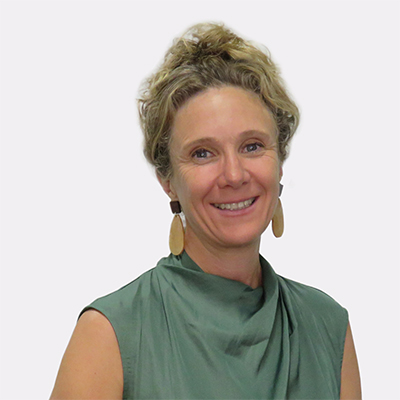 Director, Early Childhood Emma Sydenham
Director, Early Childhood Emma Sydenham -
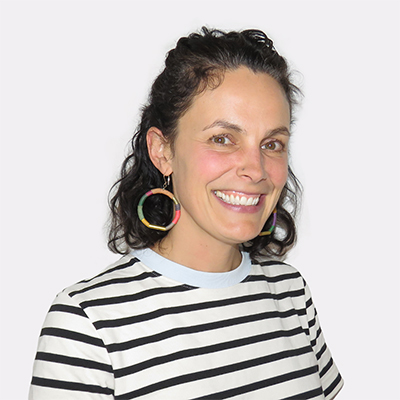 Associate Director, Early Childhood Caitlin Graham
Associate Director, Early Childhood Caitlin Graham -
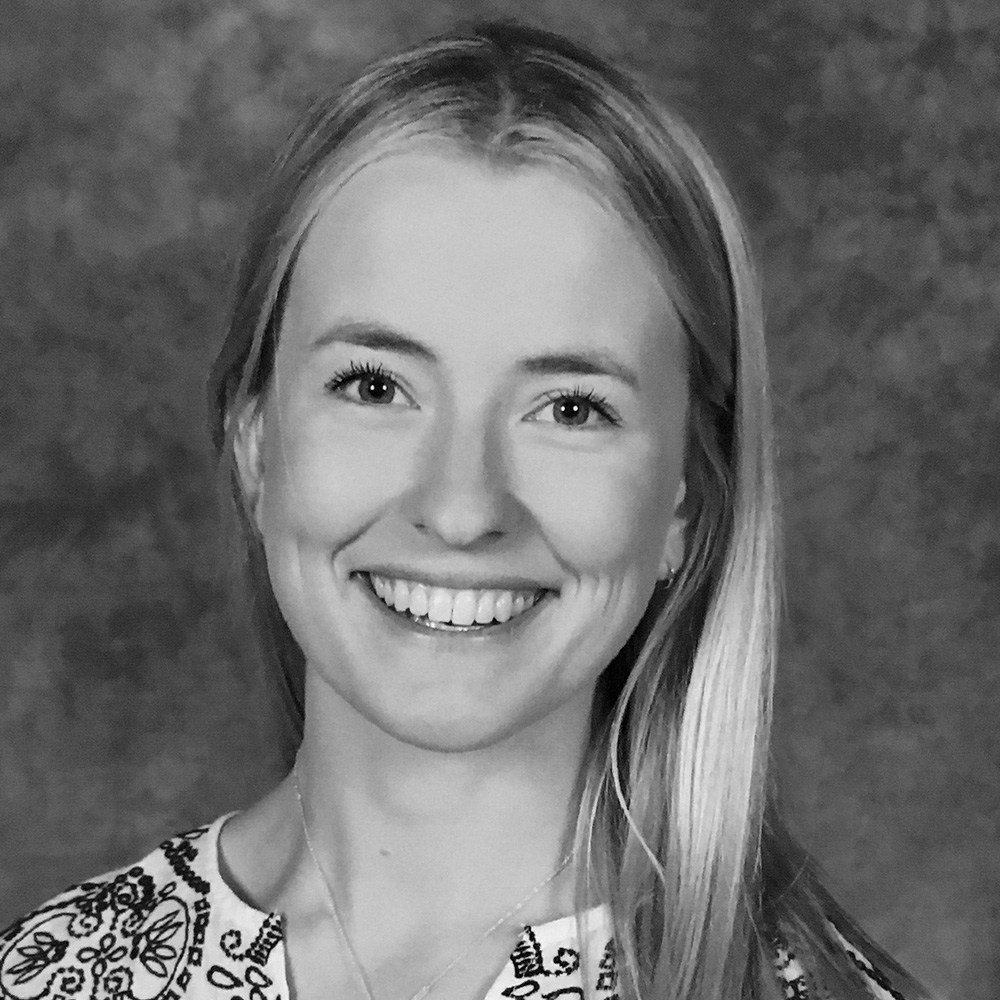 Senior Programs Officer, Early Childhood Brie Handcock
Senior Programs Officer, Early Childhood Brie Handcock -
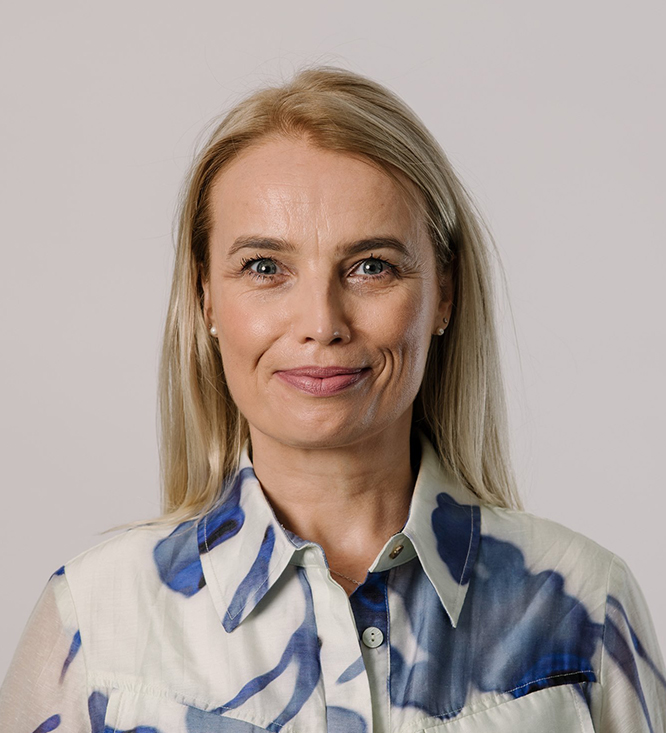 Executive Director, Philanthropy and Partnerships Karen Kennedy
Executive Director, Philanthropy and Partnerships Karen Kennedy

